Keynote Speakers
Our list of keynote speakers is growing – more to be announced shortly.
Prof. Mark Cronin
Liverpool John Moores University

Mark Cronin is Professor of Predictive Toxicology at Liverpool John Moores University,
UK. Internationally recognised for his expertise in
non-animal, in silico chemical safety assessment, he has over 35 years of experience
developing computational toxicology methods, particularly (Q)SARs and read-across
techniques. His work includes QSAR modeling for aquatic toxicity and human health
effects, employing methods from regression analysis to machine learning. Additionally,
Cronin contributes significantly to areas such as quantifying Adverse Outcome Pathways
(qAOPs), refining Threshold of Toxicological Concern (TTC) approaches, and developing
structure-based screening tools for ecotoxicology and human health. He has participated
in numerous EU projects, including CAESAR, COSMOS, eTRANSAFE, and RISK-HUNT3R.
When AI met toxicity, getting predictions of complex effects accepted
Wednesday, October 15th, 2025
09:10 AM - 09:35 AM
09:10 AM - 09:35 AM
Prof. Tony Velkov
Monash University
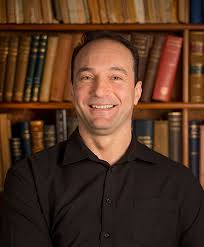
Prof. Tony Velkcrov was awarded a BSc(Hons) in 1996, followed by an MBBS in Medicine at
the University of Melbourne. He subsequently transitioned from clinical practice to
research, earning a PhD from Monash University before moving into predominantly
industry-based research roles at CSL and the US pharmaceutical company Rempex, supported
by two consecutive NHMRC Industry Fellowships. Due to his unique career trajectory,
Prof. Velkcrov maintains strong connections with leading clinicians, researchers, and
global industry leaders in the pharmaceutical and biomedical sectors. Since completing
his PhD, he has specialized in drug development, structure-activity relationships, and
antibiotic pharmacology. Today, Prof. Velkcrov is internationally recognized for his
expertise and advocacy in translational research, particularly in the commercialization
of critical antimicrobial products designed to address bacterial 'superbugs.' He has
established highly regarded research programs with a focus on polymyxins and is renowned
for fostering successful collaborations between industry, academic institutions, and
hospitals worldwide.
Smarter scaffolds: Harnessing AI for lipopeptide innovation
Wednesday, October 15th October, 2025
09:45 AM - 10:10 AM
09:45 AM - 10:10 AM
Asst. Prof. Jiawei Wang
University of Bath
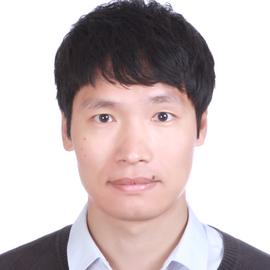
Dr. Jiawei Wang is a Lecturer (Assistant Professor) in the Department of Life Sciences
at the University of Bath, UK. Previously, he was a Marie Curie Fellow and an EMBO
Non-Stipendiary Fellow at the European Bioinformatics Institute (EMBL-EBI), as well as a
Junior Research Fellow at Wolfson College, University of Cambridge. With an
interdisciplinary background in software engineering, computer science, and
computational biology, his research focuses on integrating machine learning and deep
learning with single-cell genomics, metagenomics, and bioimaging to better understand
bacterial populations and embryonic development.
Learning protein languages from microbes across different ecosystems
Wednesday, October 15th October, 2025
11:25 AM - 11:50 AM
11:25 AM - 11:50 AM
Dr. Sebastian Lobentanzer
Helmholtz Zentrum München
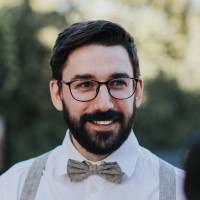
Dr. Sebastian Lobentanzer is a biomedical researcher and software engineer specializing
in systems pharmacology and computational biology. Currently, he is a Principal
Investigator at Helmholtz Munich, leading the Computational Biology Unit at the German
Centre for Diabetes Research, focusing on making biomedical AI accessible and
user-friendly. His work emphasizes integrating open-source computational tools and Large
Language Models to facilitate biomedical research, demonstrated by his leadership of the
BioCypher project, which automates biomedical knowledge management to advance
AI-readiness in biology.
Accessible biomedical AI: open-source frameworks for trustworthy agentic systems
Wednesday, October 15th, 2025
14:00 PM - 14:25 PM
14:00 PM - 14:25 PM
Assoc. Prof. Yuguang Mu
Nanyang Technological University’s School of Biological Sciences
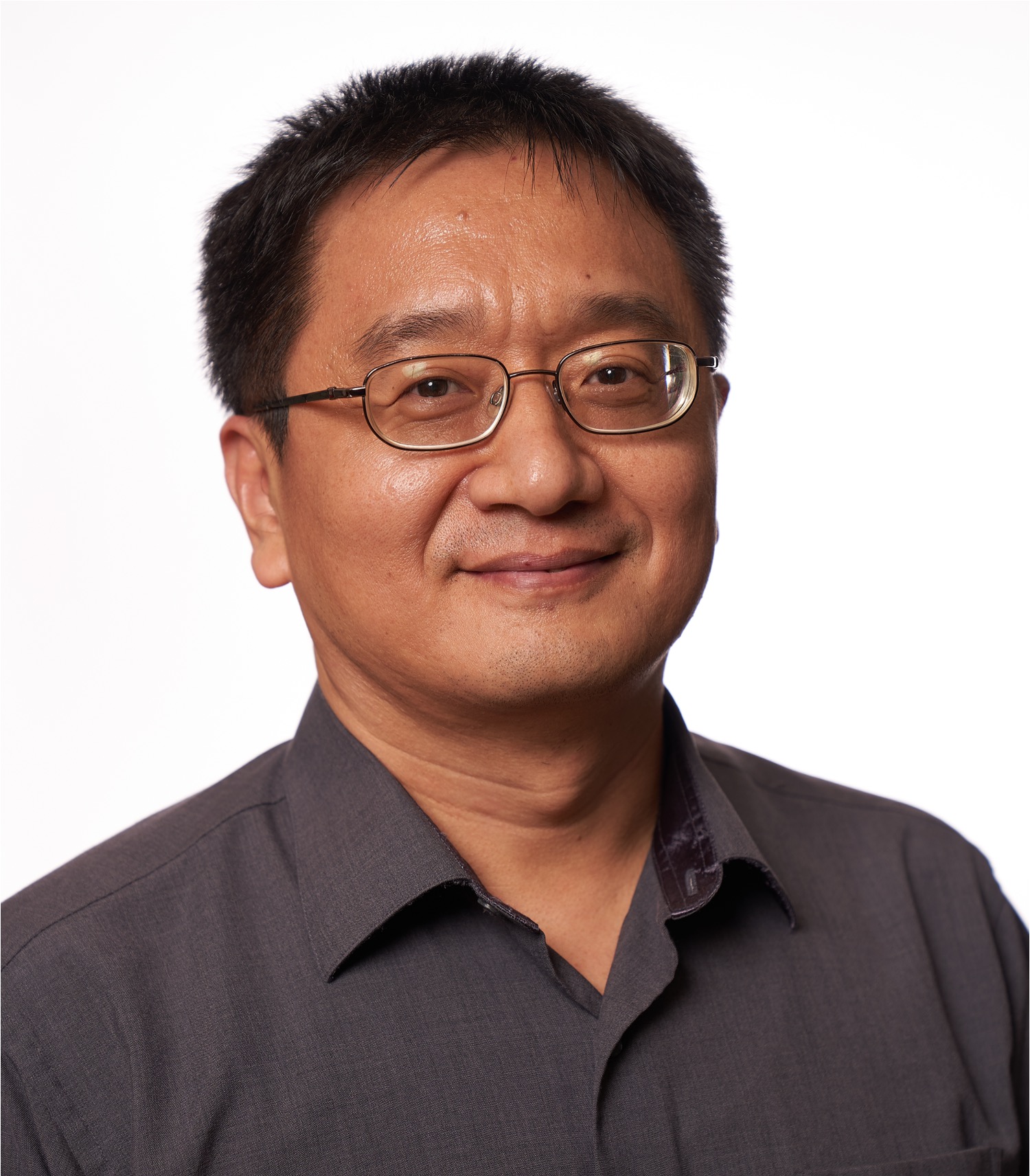
Associate Professor Mu Yuguang is a leading researcher at Nanyang Technological
University’s School of Biological Sciences. His lab specialises in advanced biomolecular
simulations, especially molecular dynamics studies of proteins, peptides (including
folding, misfolding, amyloid formation), DNA/RNA, and CRISPR systems, often combining
these with machine-learning techniques for drug discovery and protein–ligand binding
prediction.
End-to-end AI-based preclinical drug discovery platform
Wednesday, October 15th, 2025
14:40 PM - 15:05 PM
14:40 PM - 15:05 PM
Dr. Diyuan Lu
Helmholtz Zentrum München
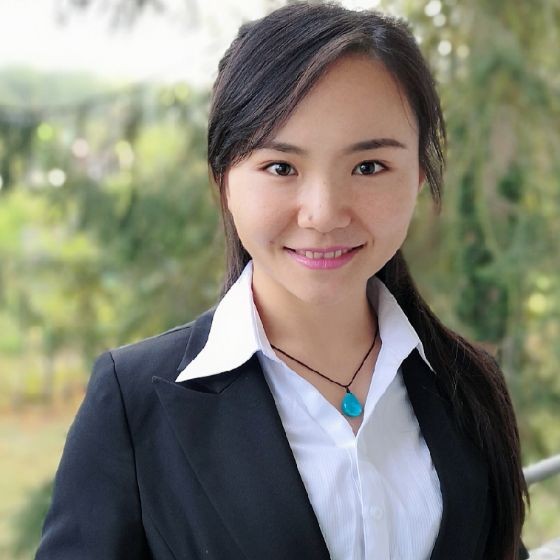
Dr. Diyuan Lu is a postdoctoral researcher at Helmholtz Munich, specializing in machine
learning for computational biology and antimicrobial resistance. Her work focuses on
patient representation learning from multi-omics data, with applications in drug
response prediction and Helicobacter pylori resistance modeling. She develops
interpretable, biology-guided AI models to uncover resistance mechanisms and inform
treatment strategies. Her research spans cancer, infectious diseases, and neurology.
During her PhD with Prof. Jochen Triesch (Frankfurt Institute for Advanced Studies), she
developed deep learning models for early epilepsy diagnosis and staging of
epileptogenesis using EEG data.
Machine learning for antibiotic resistance prediction in H. pylori: insights from
whole-genome sequencing
Wednesday, October 15th, 2025
16:00 PM - 16:25 PM
16:00 PM - 16:25 PM
Prof. Dr. Sebastian Wicha
University of Hamburg
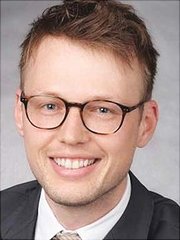
Prof. Dr. Sebastian Wicha leads the Clinical Pharmacy research group at the University
of Hamburg, where his team focuses on optimizing anti-infective therapies. Their work
integrates three key areas: quantitative bioanalysis to measure drug levels, advanced in
vitro infection models to study efficacy, and pharmacometric modeling to simulate
clinical outcomes. By combining these approaches, his team develops data-driven
strategies for personalized dosing and creates model-informed software tools that
translate this complex research directly into clinical practice.
From therapeutic drug monitoring to model-informed precision dosing for antibiotics
Thursday, October 16th, 2025
09:00 AM - 09:25 PM
09:00 AM - 09:25 PM
Assoc. Prof. Gauri Rao
University of Southern California

Gauri Rao, PharmD, MS is associate professor of clinical pharmacy at the USC Mann
School. She serves as the Director of the Quantitative Drug and Disease Modeling Center.
An expert in quantitative modeling approaches, she leads a research program that focuses
on employing a quantitative, “systems-based” approach to rationally design and optimize
clinically relevant antibiotic dosing strategies to treat infections caused by highly
resistant Gram-negative organisms.
Dr. Rao completed her Doctor of Pharmacy and a Masters in Pharmacometrics at the School
of Pharmaceutical Sciences and Pharmacy, University at Buffalo. Between 2016-2023, Dr.
Rao was a faculty member at the UNC Eshelman School of Pharmacy, where she served as
Director of the UNC Fellowship Program.
Modeling Host Immune Dynamics in Response to Bacterial Infection
Thursday, October 16th, 2025
09:40 AM - 10:05 PM
09:40 AM - 10:05 PM
Dr. Radu Botgros
European Medicines Agency
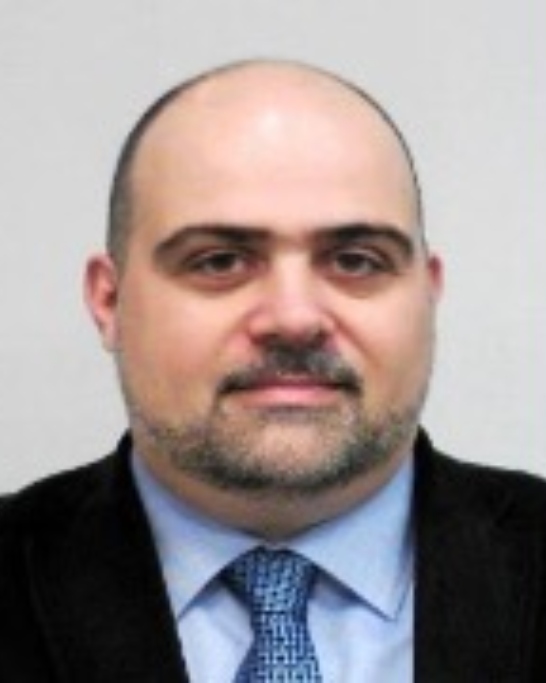
Dr. Botgros is an Infectious Diseases specialist that holds the position of Senior
Scientific Officer in the Department of Public Health Threats at the European Medicines
Agency.
He worked as an ID clinician for 10 years before joining the Agency in 2009 as
Scientific Administrator in the Paediatric team. From there he moved to the
Anti-infectives and Vaccines team where he worked with the efficacy and safety-related
pre- and post-authorisation aspects of centralised marketing authorisation applications
for the treatment and prevention of infectious diseases. Since March 2020 he is a member
of the Health Threats team. His main interests are with antibacterial, antifungal and
antiviral medicines and with AMR. He is a member of the EMA Emergency Task Force (ETF).
PK/PD and AI in the approval of antibiotics in the European Union
Thursday, October 16th, 2025
10:40 AM - 11:05 PM
10:40 AM - 11:05 PM
Assoc. Prof. Xiaojie Wu
Fudan University / Huashan Hospital
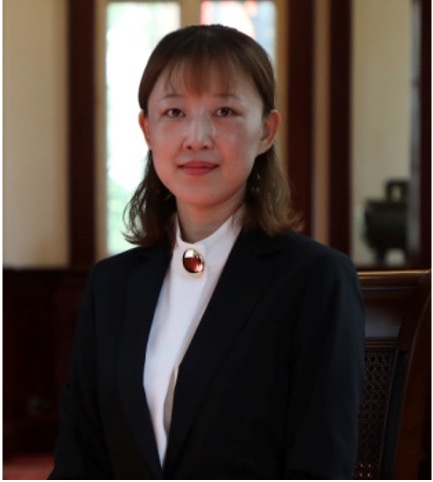
Assoc. Prof. Xiaojie Wu is an expert in early clinical research of innovative drugs and
clinical pharmacology research, having participated in over 160 clinical trials. She
holds degrees from
Zhejiang University, the University of Aberdeen, and Fudan University, and completed
additional training at Harvard Medical School. She has held visiting and secondment
roles at institutions including Rigshospitalet in Copenhagen, the NMPA’s Center for Drug
Evaluation, and China’s Office of Human Genetic Resources. Wu also serves on several
professional committees and is an active member of multiple pharmacology societies.
Model-informed drug development in China for antimicrobial agents
Thursday, October 16th, 2025
11:50 AM - 12:15 PM
11:50 AM - 12:15 PM
Dr. Yaxin Fan
Fudan University
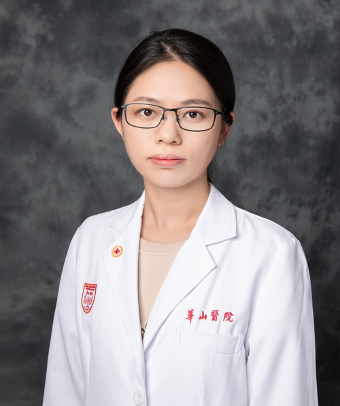
Dr. Yaxin Fan received her Ph.D. from Fudan University and undertook a visiting
scholarship at the University of Manchester. She currently serves as a pharmacist and
research fellow at the Institute of Antibiotics, Huashan Hospital, specialising in
therapeutic drug monitoring and pharmacokinetic/pharmacodynamic analysis of
antimicrobial agents. Her work includes developing analytical methods for antimicrobial
quantification, conducting clinical studies, and performing pharmaceutical quality
assessments. Dr. Yaxin Fan focuses on implementing model-informed precision dosing to
optimise personalised regimens for infected patients.
Machine learning-enhanced model-informed precision dosing of antimicrobials in clinical
practice
Thursday, October 16th, 2025
14:00 AM - 14:25 PM
14:00 AM - 14:25 PM
Dr. Amy Cheung
Certara Drug Development Solutions
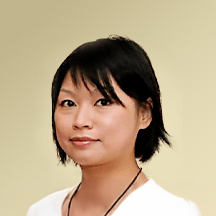
S.Y. Amy Cheung, PhD, is a Vice President at Certara, where she serves as the regional
lead for Quantitative Science Services (EU & APAC) and the Global Lead of the Pediatric
and Maternal Health Center of Excellence. She has over 20 years of experience in
modeling, simulation, and clinical pharmacology, with deep expertise in PBPK/PD
mechanistic modeling, special populations (including pediatrics, maternal, and
geriatrics), complex biologics, and applying extrapolation strategies across early to
late-phase drug development.
Currently, Dr. Cheung is an honorary professor at the University of Warwick's School of
Engineering. She also leads a work package for the EU-funded ERAMET project, championing
the use of extrapolation for pediatric populations and rare diseases. Before joining
Certara, she was a Senior Pharmacometrician and Project Leader within the Pediatric
Working Group at AstraZeneca. An author of over 50 peer-reviewed papers and white
papers, Dr. Cheung actively contributes her expertise to professional societies such as
the IQ Consortium, EFPIA, EFGCP, and ASCPT.
The strength and opportunities for Model-Informed Drug Development (MIDD) for
Antimicrobials
Thursday, October 16th, 2025
14:40 AM - 15:05 PM
14:40 AM - 15:05 PM
Asst. Prof. Dr. Nicholas Smith
University at Buffalo
Dr. Nicholas Smith is an Assistant Professor within the Division of Clinical and
Translational Therapeutics in the School of Pharmacy and Pharmaceutical Sciences at the
University at Buffalo. Dr. Smith’s research program focuses on the clinical translation
of novel anti-infectives. Recently, Dr. Smith’s lab was awarded a $3.6M 5-year R01 to
develop the underlying PK/PD translational tools to develop bacteriophage therapeutics
to combat the growing threat of antimicrobial resistance. Dr. Smith also serves as
co-investigator on three additional R01-funded projects which focus on treatment
optimization questions to combat extensively drug resistant gram negatives using
translational in vitro, in vivo, and in silico approaches. Dr. Smith research program is
also heavily invested in the mathematical modeling of other complex anti-infective and
immune modulatory agents, including broadly neutralizing anti-HIV-1 antibodies,
tacrolimus, and mycophenolic acid.
Translational PK/PD to optimize the use of complex biological and biotic agents as
anti-infectives
Thursday, October 16th, 2025
16:00 AM - 16:25 PM
16:00 AM - 16:25 PM
Assoc. Prof. Marco Fondi
University of Florence
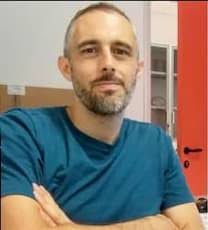
Associate Professor Marco Fondi conducts research in systems and computational biology.
His group uses systems microbiology to explore both fundamental and applied scientific
questions, such as the complex interactions between bacteria and food, cellular
aggregation, quorum sensing, the influence of DNA replication on gene regulation and
cellular metabolism, and antibiotic resistance. By integrating experimental work with
mathematical modeling, his research aims to uncover the strategies that living organisms
employ to adapt to and exploit natural environments.
Modelling the emergence and spreading of antimicrobial resistance in microbial communities
Friday, October 17th, 2025
09:00 - 09:25 PM
09:00 - 09:25 PM
Prof. Dr. Patrick Müller
University of Konstanz
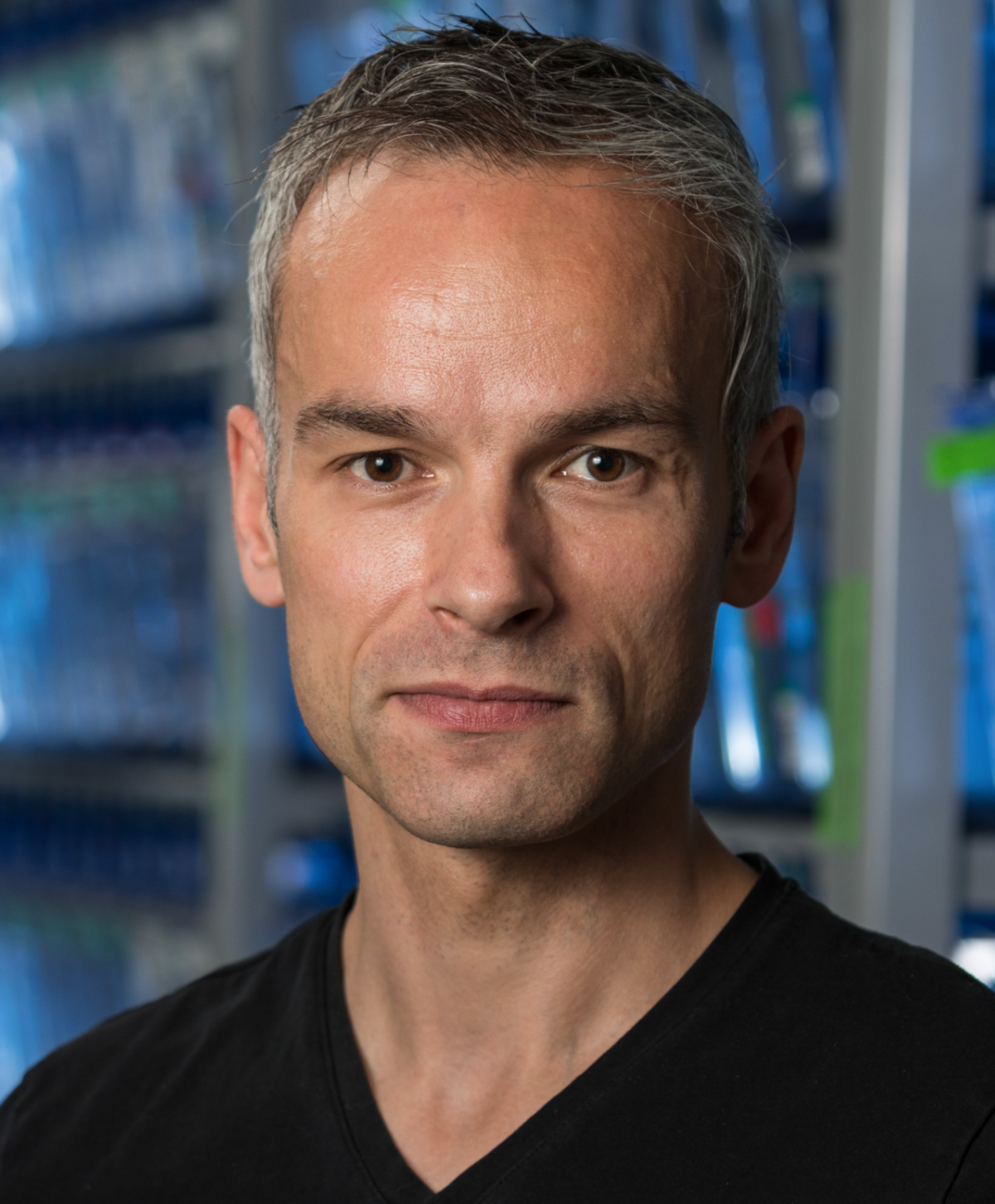
Patrick Müller is Professor of Developmental Biology at the University of Konstanz,
Affiliate Member of the Excellence Centre for the Advanced Study of Collective
Behaviour, and co-founder of EmbryoNet AI Technologies.
After doctoral and postdoctoral work at the MPI for Biophysical Chemistry and Harvard
University, he worked as Professor and Max Planck Research Group Leader in Tübingen. His
research group uses a systems biology approach to understand self-organizing processes
during development and disease. Research in his lab is funded by the ERC Consolidator
Grant ACE-OF-SPACE and the ERC Proof of Concept Grant EmbryoNet-AI.
AI phenomics to decode antimicrobial mechanism and toxicity from spatiotemporal embryo images
Friday, October 17th, 2025
09:40 - 10:05 PM
09:40 - 10:05 PM
ICAComP 2025 is organised by Monash University, Melbourne, Australia and University of Konstanz, Konstanz, Germany
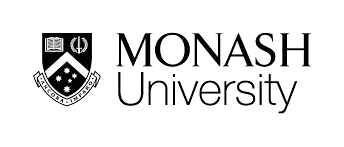
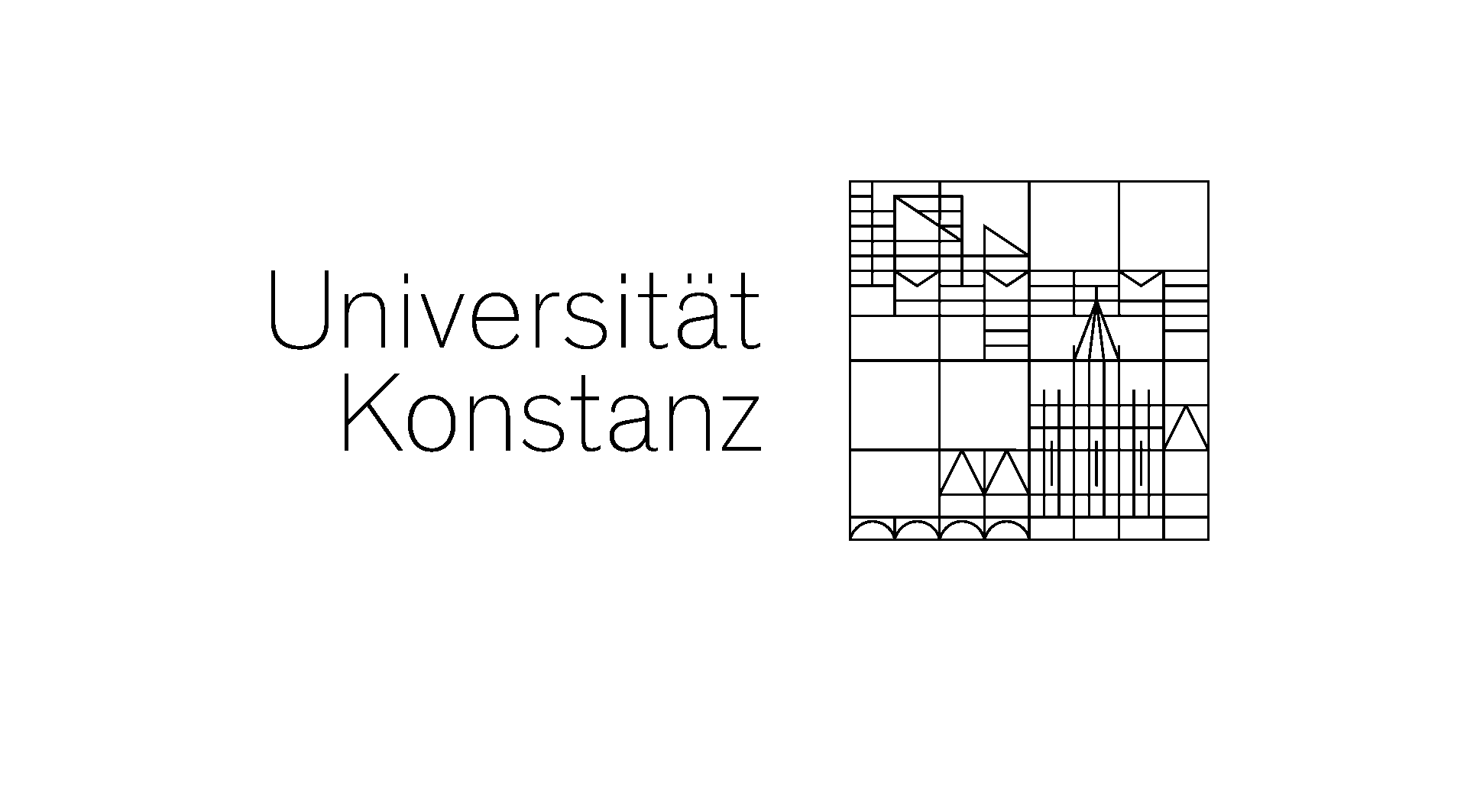
Contact
ICAComP 2025 local organiser (icacompconference@gmail.com)
Monash University Prato Campus, Prato, Italy
